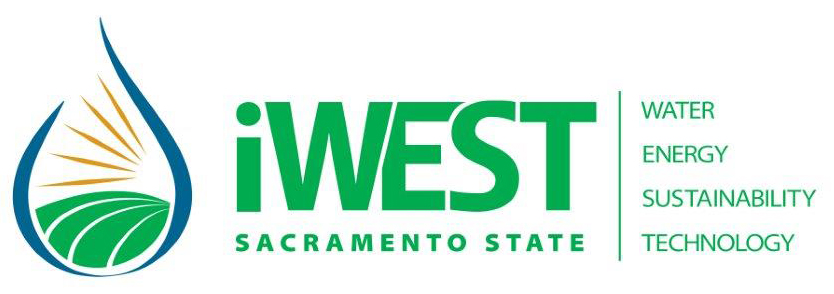
The State Water Resources Control Board’s Office of Sustainable Water Solutions has awarded the Institute for Water, Energy, Sustainability, and Technology at Sacramento State – also known as iWEST – two grants totaling as much as $10 million to provide technical assistance to disadvantaged California communities over the next three years.
The grants are the largest so far under the leadership of iWEST founding executive director Debbie Whaley, a groundwater hydrologist with 30 years’ experience solving water, energy, and environmental challenges around the world.
The $10 million comes from voter-approved Proposition 1, which authorized $7.545 billion in general obligation bonds for water infrastructure projects across California.
Interdisciplinary teams of Sacramento State students, faculty, and staff, along with industry experts, will support small, low-income communities that request State Water Resources Control Board (SWRCB) funding to improve their water, wastewater, and groundwater systems.
Sac State’s first grant, for up to $7 million, is earmarked for capital improvement projects to improve drinking and wastewater systems. The second grant, for up to $3 million, is to support communities that use groundwater for drinking water – but where the groundwater has become contaminated.
“This funding provides a way to improve physical infrastructure and governance,” Whaley says, “but it doesn’t cover the long-term operation and maintenance costs. Our goal is to partner with the state as it develops an approach to making sure that these communities can maintain their systems, all the while giving our students a real-world experience.”
Sacramento State’s technical assistance will include coordinating and developing applications and income surveys, as well as coordinating discussions with funding agencies and nearby communities. The iWEST team also will help with engineering and environmental analyses, leak detection and water audits, and legal assistance on entity formation, agreements for transfers, land acquisition or access, bond counsel opinions, and consolidation negotiations.
In addition, faculty will work with students to publish the overall grant findings.
“We are excited to work with Sacramento State’s accomplished faculty, students, and staff to solve some of California’s toughest water challenges,” says Jim Maughan, assistant deputy director of SWRCB’s division of financial assistance.
“Many small and disadvantaged communities in California do not have the capacity to plan and develop the infrastructure improvements they need, so this will help them and provide real-world experience that Sac State students can take into their future careers.”
The SWRCB invites California communities with fewer than 10,000 residents and a median annual household income of $49,000 or less to apply for technical assistance: bit.ly/2ebYhnk.– Dixie Reid
